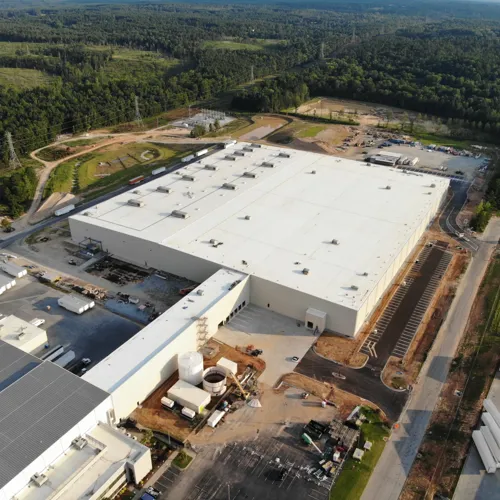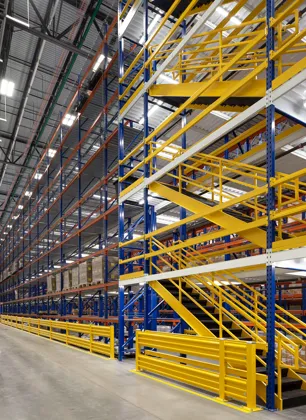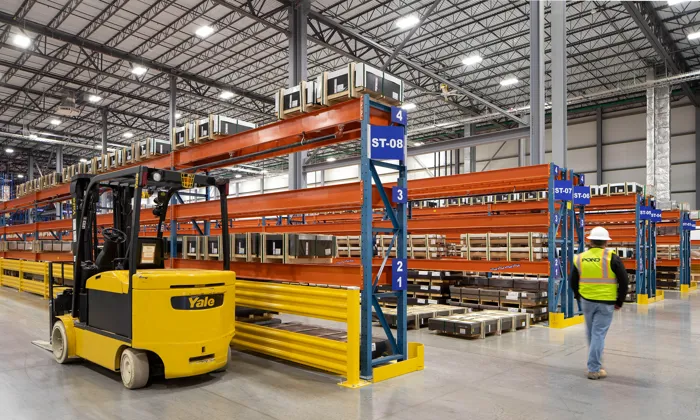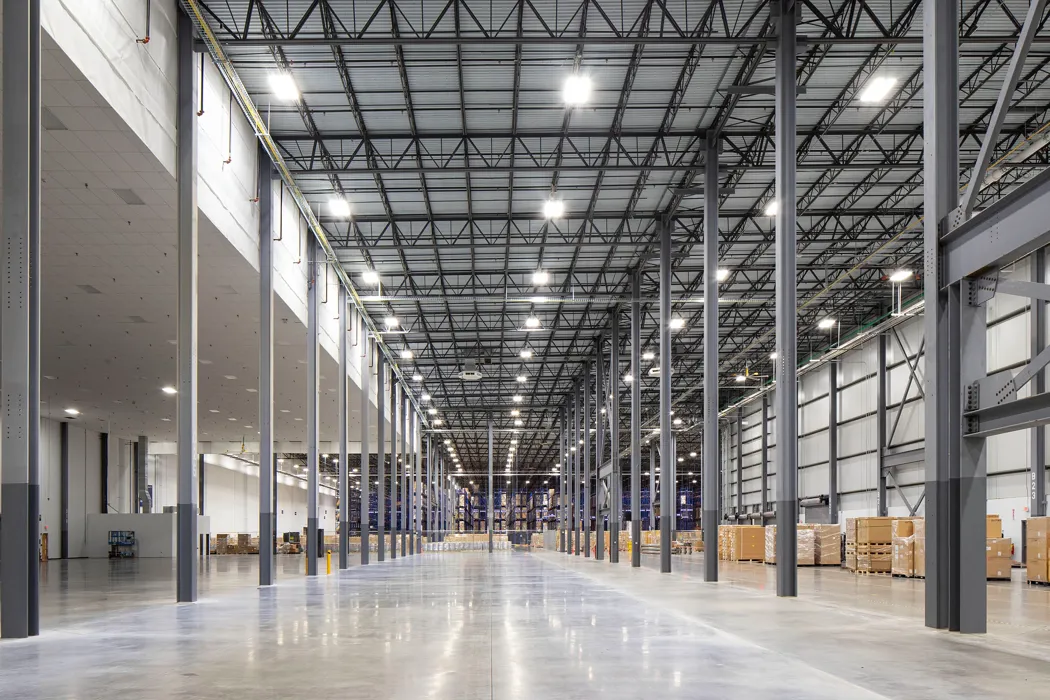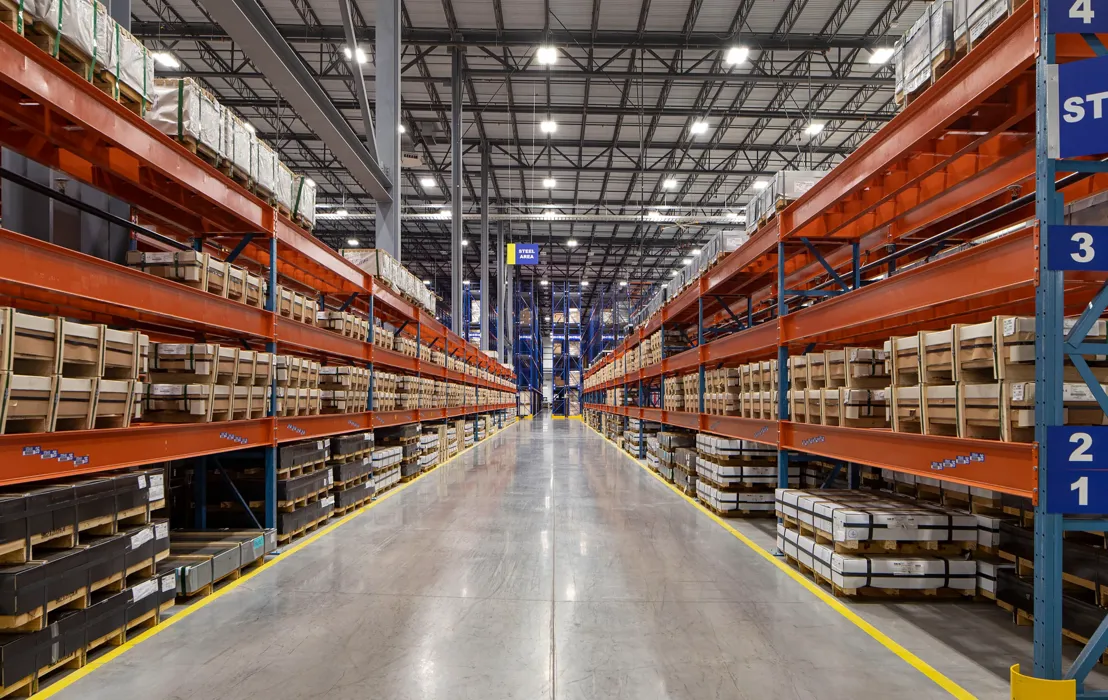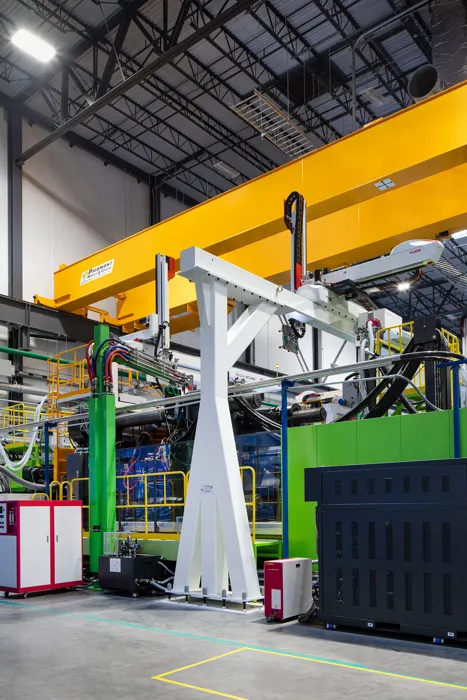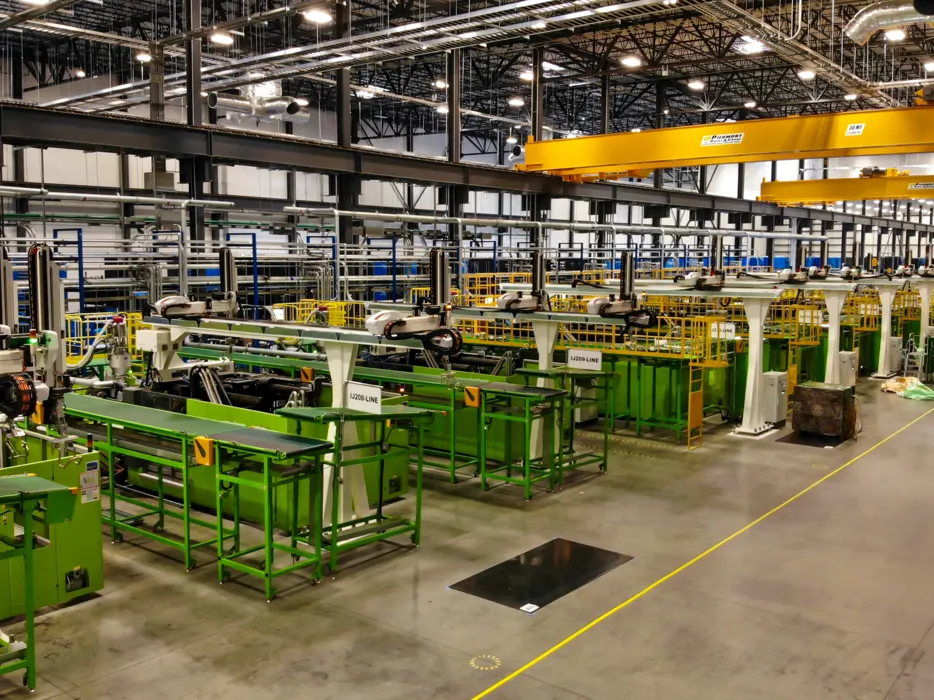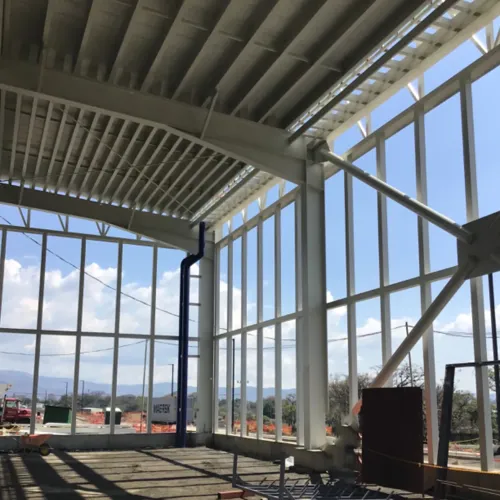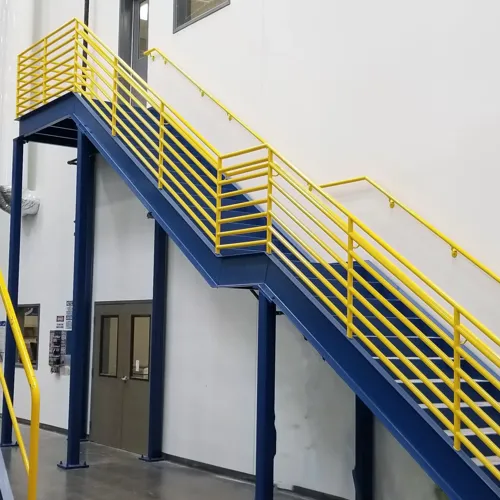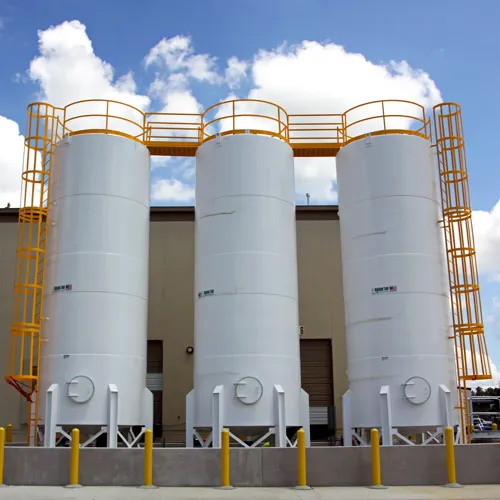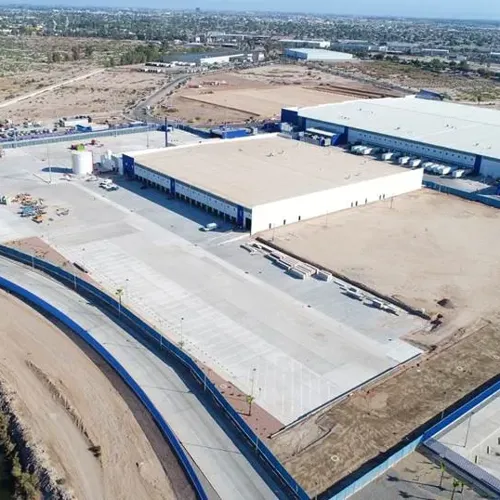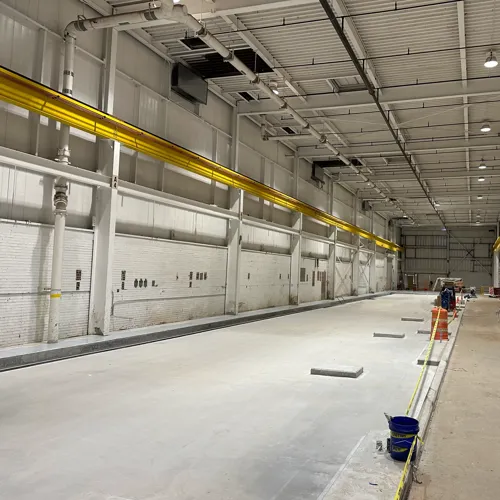Samsung - Complex 3 Expansion
Samsung retained Pond to design and construct a 350,000-square-foot warehouse expansion at its flagship US-based home appliance manufacturing campus in Newberry, South Carolina. Pond completed the project in seven months without any interruptions to Samsung’s ongoing business operations. The project was recognized and bestowed an “Engineering Excellence Award” by the American Council of Engineering Companies (ACEC) for engineering achievements demonstrating the highest degree of merit and ingenuity. The complexities of the project included identifying and developing solutions to the existing site and facility constraints, as well as overcoming unforeseen current conditions. The Pond team prepared and managed successful recovery plans that mitigated these existing site issues to ensure the delivery of the project in the time frame required.
The new warehouse footprint and many of the needed site traffic improvements were obstructed by existing structures. The project included significant above-ground and below-ground demolition of these abandonments that were original to the site acquisition. The new expansion eliminated access to the existing shipping and receiving docks. Pond implemented a strategy to construct temporary docks and staging areas that provided Samsung with the ability to maintain uninterrupted operations while the new connecting portion of the expansion was built. Pond’s design included innovative features that would enhance Samsung’s overall operations. The team developed a caustic tank re-utilization plan that improved Samsung’s injection molding process and controlled the exhaust management of TPE fusion and nonreactive materials. Pond developed design and construction solutions to seamlessly integrate the manufacturing plant’s existing plastic extrusion components and all incoming raw materials.
Pond optimized all warehousing, racking, ESFR fire suppression, QC labs, and shipping elements for efficiency and capacity. The project emphasized the use of sustainable design practices, such as the use of low VOC rockwool insulation as an energy-efficient material for the thermal envelope that saved approximately 100 times the amount of carbon emitted from traditional insulation materials. The new expansion optimizes the delivery of materials needed for final appliance assembly with its successful incorporation into the existing manufacturing and production process.
The new warehouse footprint and many of the needed site traffic improvements were obstructed by existing structures. The project included significant above-ground and below-ground demolition of these abandonments that were original to the site acquisition. The new expansion eliminated access to the existing shipping and receiving docks. Pond implemented a strategy to construct temporary docks and staging areas that provided Samsung with the ability to maintain uninterrupted operations while the new connecting portion of the expansion was built. Pond’s design included innovative features that would enhance Samsung’s overall operations. The team developed a caustic tank re-utilization plan that improved Samsung’s injection molding process and controlled the exhaust management of TPE fusion and nonreactive materials. Pond developed design and construction solutions to seamlessly integrate the manufacturing plant’s existing plastic extrusion components and all incoming raw materials.
Pond optimized all warehousing, racking, ESFR fire suppression, QC labs, and shipping elements for efficiency and capacity. The project emphasized the use of sustainable design practices, such as the use of low VOC rockwool insulation as an energy-efficient material for the thermal envelope that saved approximately 100 times the amount of carbon emitted from traditional insulation materials. The new expansion optimizes the delivery of materials needed for final appliance assembly with its successful incorporation into the existing manufacturing and production process.
Project Photos
CLIENT
Samsung Electronics
LOCATION
Newberry, SC
Markets
Services
Similar Projects
